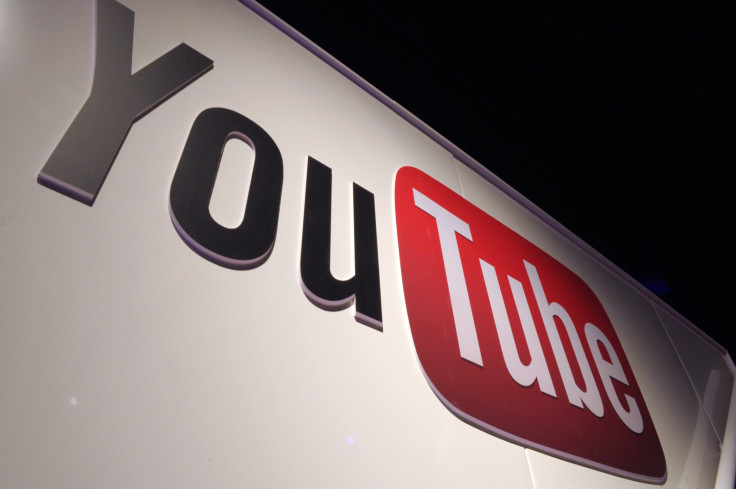Lawsuit Accusing YouTube Of Censoring Conservatives Thrown Out Of Court

A lawsuit filed against YouTube that accused the video hosting platform of censoring conservatives has been thrown out of court by a U.S. District Court judge.
The lawsuit, filed by prominent conservative talk-radio show host Dennis Prager, claimed YouTube serves as a public forum and the First Amendment rights of conservatives have been infringed upon. The argument was rejected by Judge Lucy Koh when the issue was raised in a San Jose courtroom.
Prager, 69, filed his lawsuit against YouTube in October 2017 and alleged that the video sharing service and its parent company Google were attempting to censor conservative voices. According to Prager, YouTube placed age restrictions on some of his content and refused to run advertisements on some videos.
Restricting the advertisements that run on certain channels or videos is standard practice for YouTube, but Prager argued the service restricted advertising on his channel, PragerU, without providing “compelling, significant or legitimate reason.”
Prager also attempted to make the case that while Facebook may be privately owned, it is operated as a public forum and should be subject to scrutiny for First Amendment violations.
The talk-radio host argued behind the 1954 Supreme Court case Marsh v. Alabama, a case that centered around a Jehovah's Witness who was accused of trespassing for distributing religious materials on the sidewalk of a privately-owned company town. The court found that despite the town and sidewalk being owned by a corporation, the Jehovah's Witness still had the right to hand out pamphlets.
Judge Koh wrote in her decision that the court "is not convinced that Marsh can be extended to support Plaintiff's contention that Defendants should be treated as state actors subject to First Amendment scrutiny merely because they hold out and operate their private property as a forum for expression of diverse points of view."
Judge Koh also cited more recent Supreme Court decisions, including the 1972 Lloyd Corp. v. Tanner case in which the court decided a mall could ban people from distributing fliers opposing the Vietnam War while on its property.
© Copyright IBTimes 2024. All rights reserved.





















